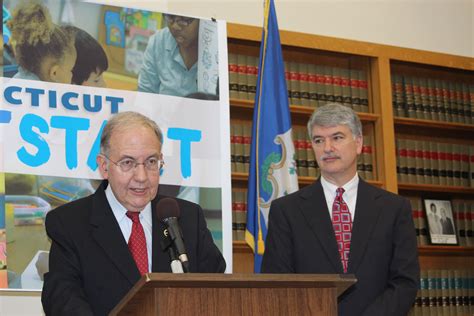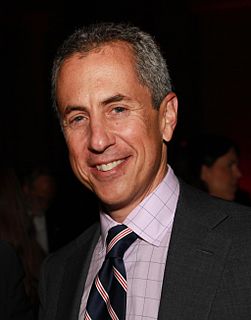A Quote by John Dewey
Many of the obstacles for change which have been attributed to human nature are in fact due to the inertia of institutions and to the voluntary desire of powerful classes to maintain the existing status.
Related Quotes
We can't have extraordinary dynamism, innovation, and change in the economy and expect to have predictability and stability in our personal lives. It's not as if there are these big, giant institutions existing between us and the economy. In fact, these institutions have become tissue-thin. There is no mediation anymore. We are the economy; the economy is us.
Though business conditions may change, corporations and securities may change, and financial institutions and regulations may change, human nature remains the same. Thus the important and difficult part of sound investment, which hinges upon the investor's own temperament and attitude, is not much affected by the passing years.
While [Plato] affirmed with emphasis that the place of the individual in society should not be determined by birth or wealth or any conventional status, but by his own nature as discovered in the process of education, he had no perception of the uniqueness of individuals. For him they fall by nature into classes, and into a very small number of classes at that.
To speak seriously: the standards of "goodness" which are generally recognized by public opinion are not those which are calculated to make the world a happier place. This is due to a variety of causes, of which the chief is tradition, and the next most powerful is the unjust power of dominant classes.







































